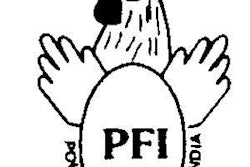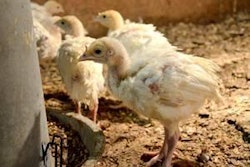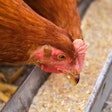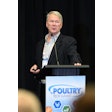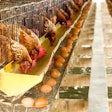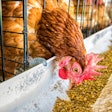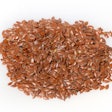At the Pre-Harvest Food Safety Conference held during the 2012 International Poultry Expo and International Feed Expo, Dr. Elisabeth Hagen, United States Department of Agriculture under secretary for food safety, spoke on the importance of pre-harvest food safety.
Hagen commended the poultry industry for coming together to work toward better food safety. Dr. Alling Yancy, vice president of food safety and production programs for the U.S. Poultry & Egg Association, addressed the topic of Poultry Industry Concerns Regarding Pre-Harvest Food Safety Regulatory Initiatives.
“Poultry producers need to understand both their rights and their responsibilities, such as compliance with food safety regulations and the importance of educating consumers. One thing they cannot do is ignore pressing issues and scientific realities,” said Dr. Yancy said.
Dr. Steven Clark, senior technical services manager-poultry at Pfizer Animal Health, gave a presentation on Current Trends in Antiboitic Usage in Food Animal Production, remarking that one of the most significant challenges is how to preserve the efficacy of antibiotics.
“Antibiotics are important not only for human health but also for animal health. They also have implications for food safety; we can indirectly understand how healthy animals produce healthy food. In addition, there are economic benefits for everybody,” Dr. Clark said.
The results of a pre-harvest intervention survey for best practices in pathogen control were also discussed, showing that most breeders are taking biosecurity measures on their farms, vaccinating their birds, and conducting water and litter testing, while smaller numbers reported regularly washing vehicles, cages, crates and other equipment.
“Much of this information is encouraging,” said Dr. Shelly McKee, an associate professor in the Poultry Products Safety and Quality Program, Department of Poultry Science, Auburn University. “But there is no silver bullet. This is risk mitigation. Someday maybe we can get to eradication; but today if we can mitigate risk during pre-harvest, the things we do at the processing plant may help control some of these pathogens better.”



